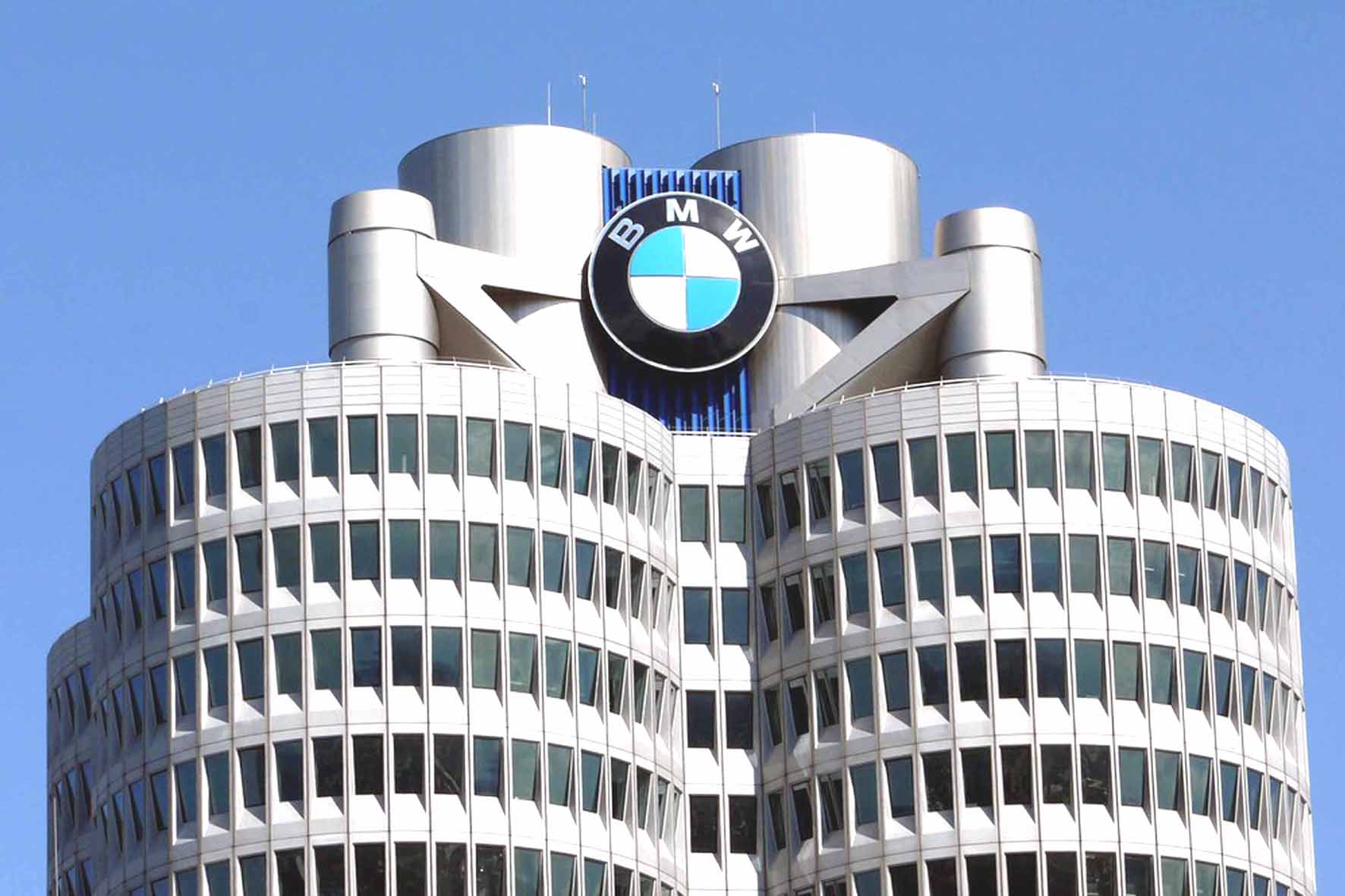
The German automaker BMW requested the government of Germany to vote against the imposition of additional tariffs on electric vehicles (EV) imported from Chinaexpressing concerns about the economic impacts and the risk of retaliation from Beijing.
The initiative comes amid discussions within the European Union (EU) on the implementation of fees that can reach 45% on the VEs Chinese, as part of a measure proposed by European Commission (EC).
The CEO of BMW, Oliver Zipsehe said in a statement this Wednesday, according to Global Timesthat imposing additional tariffs could harm Germany’s export industry and worsen trade tensions with China.
“The imposition of these tariffs could not only harm Germany’s robust export industry, but also catalyze a retaliatory response from China, thus deepening the rift,” the automaker stated.
The EU was originally scheduled to vote on the measure on September 25th, but the vote was postponed until October 4th.
However, the date may undergo further changes, according to reports from Bloombergdue to intense negotiations between European and Chinese representatives in search of a resolution that avoids additional tariffs.
The delay in the vote reflects differences among EU member states regarding protectionist trade policies. Many European countries maintain close economic and trade relations with China, and fear that these measures could harm their interests.
Second Cui Hongjianprofessor at Beijing Foreign Studies Universityin an interview with Global Timesthese protectionist tendencies can compromise the cooperative economic relations established over the years.
Economic impact for BMW and German automakers
The potential tariffs have significant economic implications for BMW and other German automakers that have a strong presence in China.
BMW highlighted in its statement that German companies exported 26.3 billion euros (US$29.1 billion) in vehicles and automotive parts to China last year, while 6.8 billion euros worth of automotive products were exported from China to Germany. The interdependence between the two markets makes tariffs a direct threat to these companies’ businesses.
BMW, which manufactures electric models MINI Cooper e Aceman in China, warned that any interruption in this trade flow could immediately impact its financial results. This is not the automaker’s first appeal regarding electric vehicle tariffs.
In July, Zipse had already expressed its concerns, stating that the EU’s approach was impractical and potentially harmful to European car manufacturers with global operations.
Other automakers have also expressed similar concerns. The Mercedes-Benz group, in a statement to the Global Times, reaffirmed its support for liberal trade based on the rules of World Trade Organization (WTO). According to the company, “free trade and fair competition guarantee prosperity, growth and innovation.”
Negotiations between China and the European Union
In recent months, China has held talks with the European Commission and several EU member states to discuss the issue of tariffs on electric vehicles.
In September, Chinese Commerce Minister Wang Wentao visited Italy, Germany, Belgium and EU headquarters to meet with high-ranking representatives, including European Commission Executive Vice-President and Trade Commissioner Valdis Dombrovskis . During these meetings, the two sides sought a solution to the Chinese EV subsidy case.
The talks resulted in a preliminary consensus on the direction of discussions to resolve the impasse, with both sides expressing a desire to avoid an escalation in trade tensions. China has emphasized the need for a balanced approach that takes into account mutual business interests and the maintenance of healthy economic relations.
Consequences for the automotive sector
The outcome of these negotiations will have a significant impact on the European automotive sector, especially for companies like BMW, Mercedes-Benz and others that rely heavily on the Chinese market.
With increasing competition in the electric vehicle segment, the adoption of additional tariffs could not only harm European automakers in the short term, but also affect their ability to compete globally in the future.
The vote on tariffs on electric vehicles imported from China continues to be closely monitored by the industrial and commercial sectors in both Europe and China.
Meanwhile, BMW and other automakers hope a diplomatic solution can be reached, avoiding measures that could harm bilateral trade and trigger a trade war that would have broader repercussions for the global economy.
With the vote postponed and negotiations ongoing, the future of tariffs on electric vehicles remains uncertain, but the companies involved are already preparing to face the possible consequences of any decision taken.
Source: https://www.ocafezinho.com/2024/10/04/bmw-pressiona-governo-alemao-para-tirar-as-tarifas-sobre-veiculos-eletricos-chineses/

